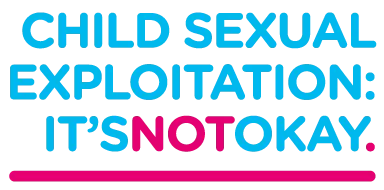Spot the Signs
Are you being sexually exploited?
It’s not okay for someone to:
- Threaten to end your relationship if you don’t have sex
- Make you do anything sexual that you are not comfortable with
- Manipulate you into having sex by making you feel bad
- Ask or make you have sex with other people
- Expect sex in return for food or a place to stay
- Share drugs or alcohol with you in return for sexual acts
- Threaten to stop being friends if you don’t perform sexual ‘dares’
- Threaten to hurt you if you do not do what they want sexually or otherwise
- Say that if you leave them they will hurt or kill themselves
- Have sex with you when you are intoxicated or using drugs – you cannot consent
- Threaten to tell anyone about your sexuality
- Threaten to ‘shame’ you in your community for sexual behaviour
- Use their age/status/power over you to make you do sexual acts
- Invite you to parties with the expectation you will have sex with others as payment
- Receive payments for people having sex with you
- Give you gifts or money in return for sexual acts
- Ask you to take sexual photos of yourself or share them online or by text
- Threaten to humiliate or share sexual images of you if you don’t carry out more sex acts
This isn’t a complete list, but if any of the scenarios sound familiar then you may have been sexually exploited, even if the person who did it was a friend, partner or someone you care about or love. If you are under 18, this behaviour towards you is against the law. Sexual exploitation can also occur if you are over 18. No one is allowed to do these things to you. If you have experienced these things, or are worried about a friend there are people you can talk to and get help and support from. Please click: get help or report it for more information.
Sexual exploitation can happen to anyone no matter of gender, ethnicity or sexuality.
Parents
Help and advice for parents or carers worried about their child.
Professionals
If you work with, or care for, young people, visit our resources page for professionals. Make sure you can recognise the warning signs and know how to report it.
Share with others:






